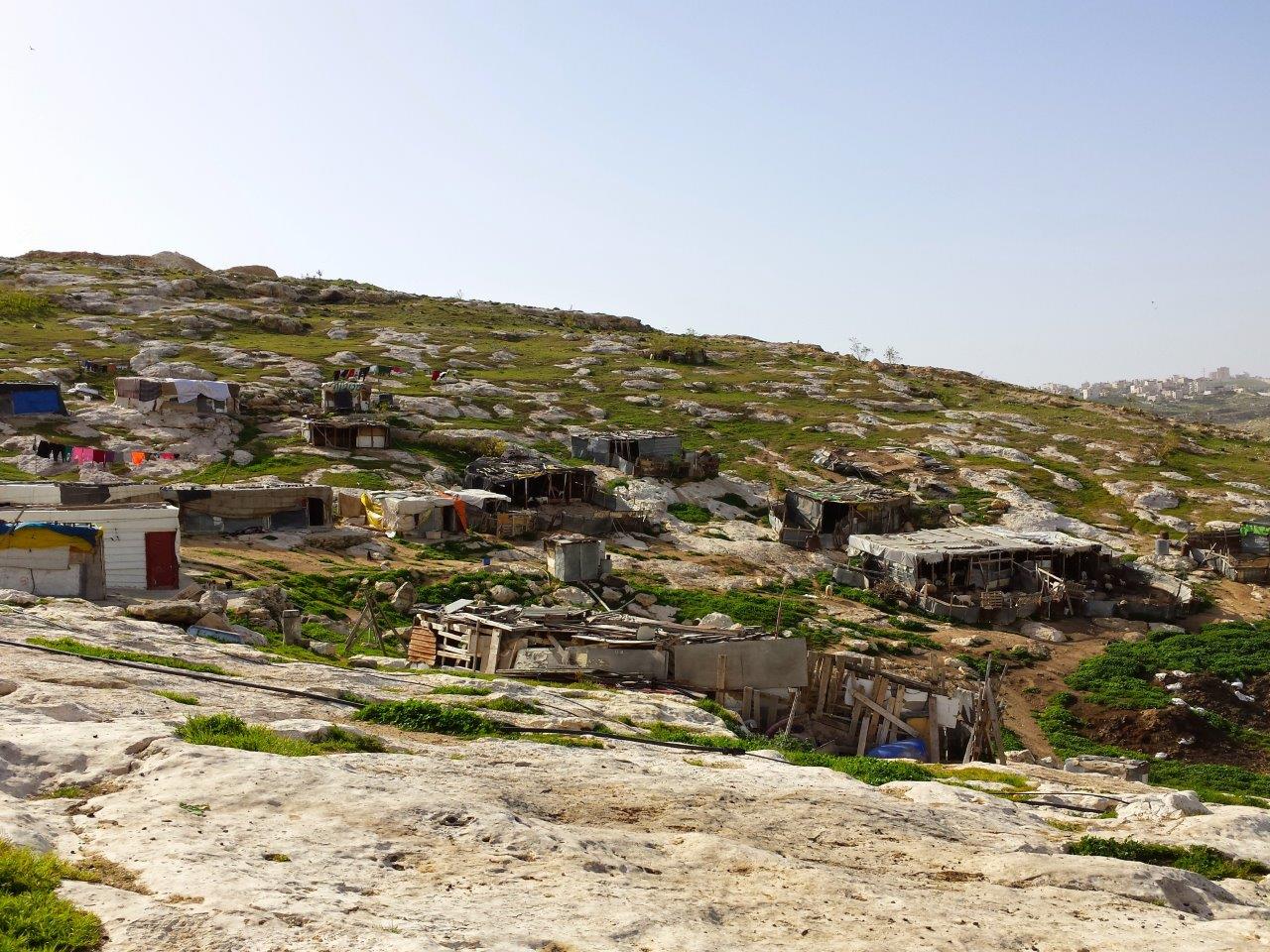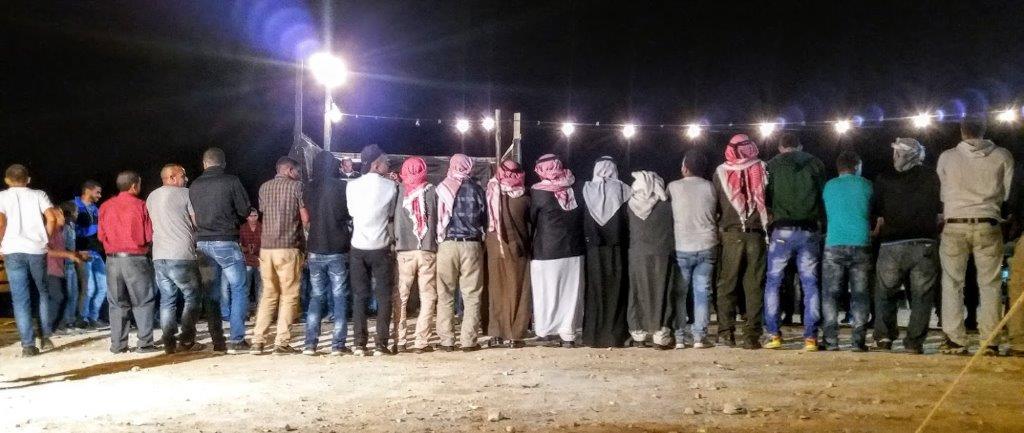
The idea of negotiated consent touches on the notion of power difference between researcher and participant. Though researchers often are perceived as those in power, participants essentially have substantial power as well, among others through the selectivity of information they provide to the researcher (Dufty, 2010). Bashar was well aware of the intent of this study. He wanted his story to be told and initially declined the possibility of using a pseudonym. He agreed readily to contribute as an active participant and he has signed a form of consent. This form included additional clauses, such as a veto-right, apart from standard items. Veto-right concerning the publication of certain data was one of his conditions for participating in the research. The reason for his request and my acceptance of it was that the stories of this friendship disclose his identity as well as mine, and are both very personal and in the public sphere. Furthermore, although not the direct topic of study, a range of people somehow became involved in the friendship between Bashar and me. Where possible, I asked these people for consent in using texts that related to them.
Throughout the process of writing this dissertation, it became apparent that some actions by people described might be considered as culturally or legally prohibited. Such a situation requires utmost protection of confidentiality. I could have dealt with this by drastically changing facts, which would have resulted in complete disguise. However, I recognized that radical concealment would harm both the authenticity and the possibility of verification of the research. I also believed that disconnecting it in from an identifiable reality would impair the possibility of using the end product for the cause of social activism; something I deemed unfortunate. I then decided to enhance the protection of confidentiality by using pseudonyms for all people involved, changing the names of only a few of the places and masking most identifying information. This leaves the texts in line with reality, with the result that the people described and those close to them are likely to recognize the persons mentioned. (The chance that those mentioned in the study will read it is slim, but existing.) Consequently, while taking into account that the friendship is an ongoing reality in a volatile and riskful socio-cultural and political environment, some relevant pieces of information needed to be omitted, in order to safeguard the personal, social and physical security of Bashar, his family and myself.







